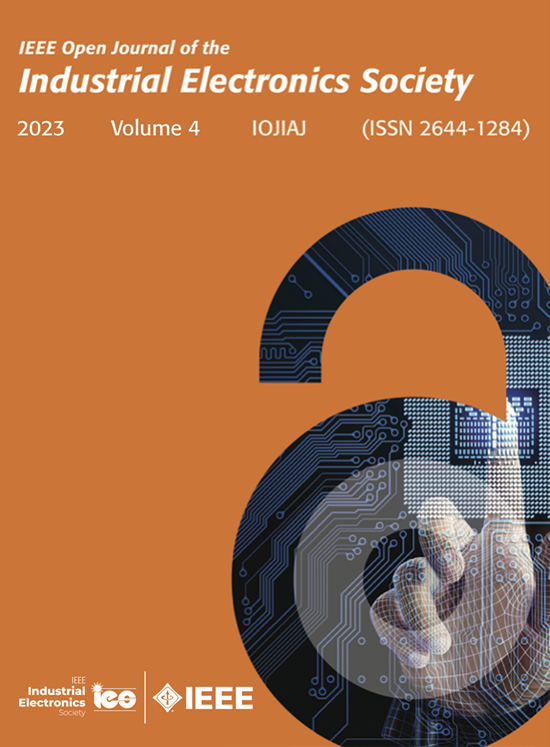基于决策树算法的三相感应电机双笼模型估计
IF 4.3
Q1 ENGINEERING, ELECTRICAL & ELECTRONIC
IEEE Open Journal of the Industrial Electronics Society
Pub Date : 2025-03-22
DOI:10.1109/OJIES.2025.3572372
引用次数: 0
摘要
本文提出了一种利用基于决策树的算法估计三相感应电机双笼模型的新方法。在860台机器的不同数据集上进行了验证,这些机器的功率范围从0.12千瓦到370千瓦,与改进的牛顿方法等传统技术相比,该方法需要更少的输入参数,因此脱颖而出。此外,所建议的方法即使在输入数据显示统计偏差时仍然有效,这是实际场景中的一个常见挑战。这项工作的主要贡献是减少了估计DCM等效电路所需的参数数量,并采用了三种不同的基于决策树的算法,其有效性通过仿真和实验测试得到了证实,从而提供了真实TIMs动态的准确表示。结果表明,通过仅使用机器铭牌上的基本和现成的数据,如标称电流、功率、速度、电压和转矩,所提出的方法为将TIMs的真实动力学纳入计算模型提供了可靠和有效的框架。本文章由计算机程序翻译,如有差异,请以英文原文为准。
Estimation of the Double-Cage Model for Three-Phase Induction Machines Using Decision Tree-Based Algorithms
This article presents a novel methodology for estimating the double-cage model (DCM) for three-phase induction machines (TIMs) using decision tree-based algorithms. Validated on a diverse dataset of 860 machines spanning a power range from 0.12 to 370 kW, the proposed method stands out by requiring fewer input parameters than traditional techniques like the modified Newton method. Moreover, the proposed approach remains effective even when the input data exhibits statistical deviations, a common challenge in practical scenarios. The main contributions of this work are the reduction of the number of parameters necessary for the estimation of the DCM equivalent circuit and employing three distinct decision tree-based algorithms, whose effectiveness was confirmed through simulations and experimental tests, thereby providing an accurate representation of the dynamics of real TIMs. The results indicate that by using only basic and readily available data from machine nameplates, such as nominal current, power, speed, voltage, and torque, the proposed methodology provides a reliable and efficient framework for incorporating the real dynamics of TIMs into computational models.
求助全文
通过发布文献求助,成功后即可免费获取论文全文。
去求助
来源期刊

IEEE Open Journal of the Industrial Electronics Society
ENGINEERING, ELECTRICAL & ELECTRONIC-
CiteScore
10.80
自引率
2.40%
发文量
33
审稿时长
12 weeks
期刊介绍:
The IEEE Open Journal of the Industrial Electronics Society is dedicated to advancing information-intensive, knowledge-based automation, and digitalization, aiming to enhance various industrial and infrastructural ecosystems including energy, mobility, health, and home/building infrastructure. Encompassing a range of techniques leveraging data and information acquisition, analysis, manipulation, and distribution, the journal strives to achieve greater flexibility, efficiency, effectiveness, reliability, and security within digitalized and networked environments.
Our scope provides a platform for discourse and dissemination of the latest developments in numerous research and innovation areas. These include electrical components and systems, smart grids, industrial cyber-physical systems, motion control, robotics and mechatronics, sensors and actuators, factory and building communication and automation, industrial digitalization, flexible and reconfigurable manufacturing, assistant systems, industrial applications of artificial intelligence and data science, as well as the implementation of machine learning, artificial neural networks, and fuzzy logic. Additionally, we explore human factors in digitalized and networked ecosystems. Join us in exploring and shaping the future of industrial electronics and digitalization.
 求助内容:
求助内容: 应助结果提醒方式:
应助结果提醒方式:


